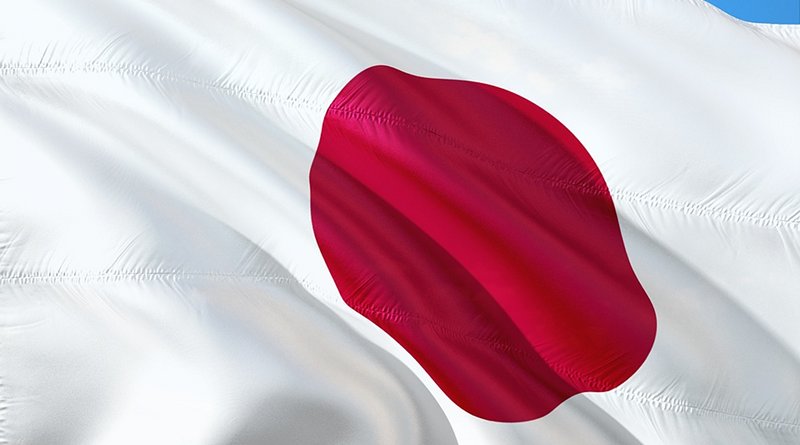Japan: Misinterpretations Of ‘State-Religion Separation’ – OpEd
By UCA News
By Kagefumi Ueno*
(UCA News) — Since it was revealed that the assassin who killed former prime minister, Shinzo Abe, in early July was motivated by indignation against the Family Federation for World Peace and Unification (previously known as the Unification Church), with whom, he thought, Abe had close ties, Japanese society has paid higher attention to the said Family Federation.
Then it became known that many Japanese politicians, notably those of the Liberal Democratic Party (LDP), had contacts with the federation. Accordingly, Japanese media came to be filled with enlivened discussions on such topics as “the relationship between politicians and religious bodies” or “the state-religion relationship,” where I perceived some misinterpretation and confusion.
First, I had an impression that some discussants here misinterpret “the state-religion separation” as meaning “the separation between politician and religion.”
Obviously, the concept of “state-religion separation” stemming from the “separation of church and state” is aimed at power structures, be they central or local, who should never, in simpler words, meddle with religious people or bodies, but not at political parties or politicians in general.
Possibly due to such misinterpretations, I have heard views expressed to the effect that religious people shouldn’t exert influence over the policy-shaping of political parties, or that religious people or bodies should not support the activities of political parties, notably election campaigns.
The principle of state-religion separation, I repeat, is not aimed at blocking the interchange or inter-influence between politicians and religious people. On the contrary, political parties and religious bodies keep unimpeded and close contact in many Western countries.
For instance, it is often that politicians and religious people closely work together on such issues as abortion and LGBT (lesbian, gay, bisexual, and transgender) rights. It is also well-known that during the US presidential election campaign in 2020, many conservative Catholic clergymen supported the Trump team whereas liberal ones assisted the Biden team.
Second, I also realized that some discussants misunderstand state-religion separation as a universal principle.
The fact is that worldwide, the plurality of nations let alone many Islamic ones keep a close state-religion relationship (i.e. “non-separatist”) and, hence, “the separatist” like Japan and Western Europe are the minority.
Even in Europe, the Eastern Orthodox countries, such as Russia, are by and large “non-separatist.” Against this backdrop, it is not surprising that Patriarch Kirill of the Russian Orthodox Church supported Putin’s invasion of Ukraine.
Third, I witnessed the remarks of a well-known scholar on a TV program where he more than once emphasized that the freedom of faith is in principle concerned solely about the internal sphere of the human person.
Ironically, China is a case in point, keen to contain faith within a person’s mind, whereas most of the Free World doesn’t take such a position. After all, religious activities gain meanings only after they have an interface with politicians and other external people.
All in all, here, it should be made known that in the West at large; the interchange between politicians and religious people takes place without hindrance.
*Kagefumi Ueno is a former Japanese ambassador to the Holy See. This is a revised version of an essay that first appeared in Nikkei, and thereafter at the digital site of JITOW (Japan in Their Own Words). The views expressed in this article are those of the author and do not necessarily reflect the official editorial position of UCA News.

